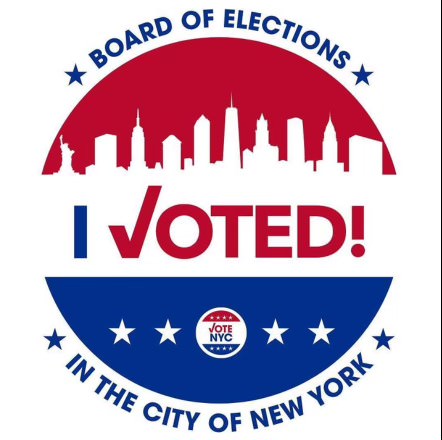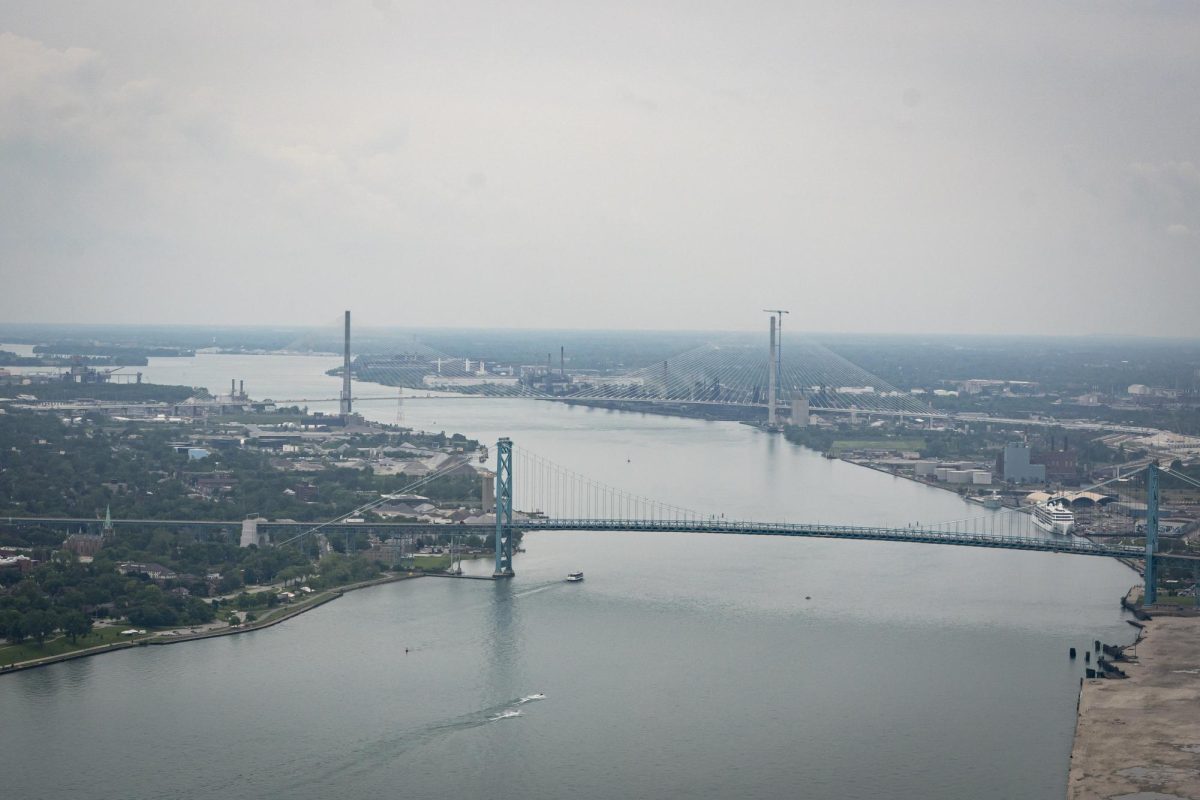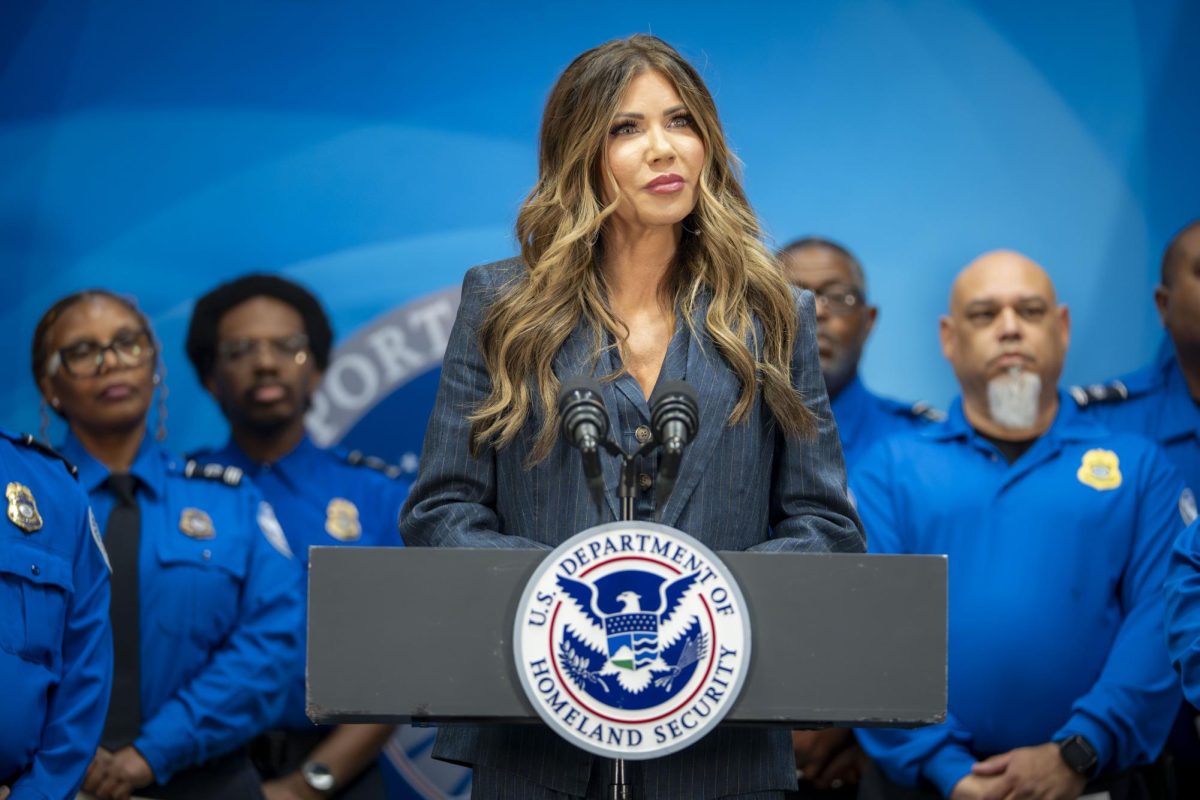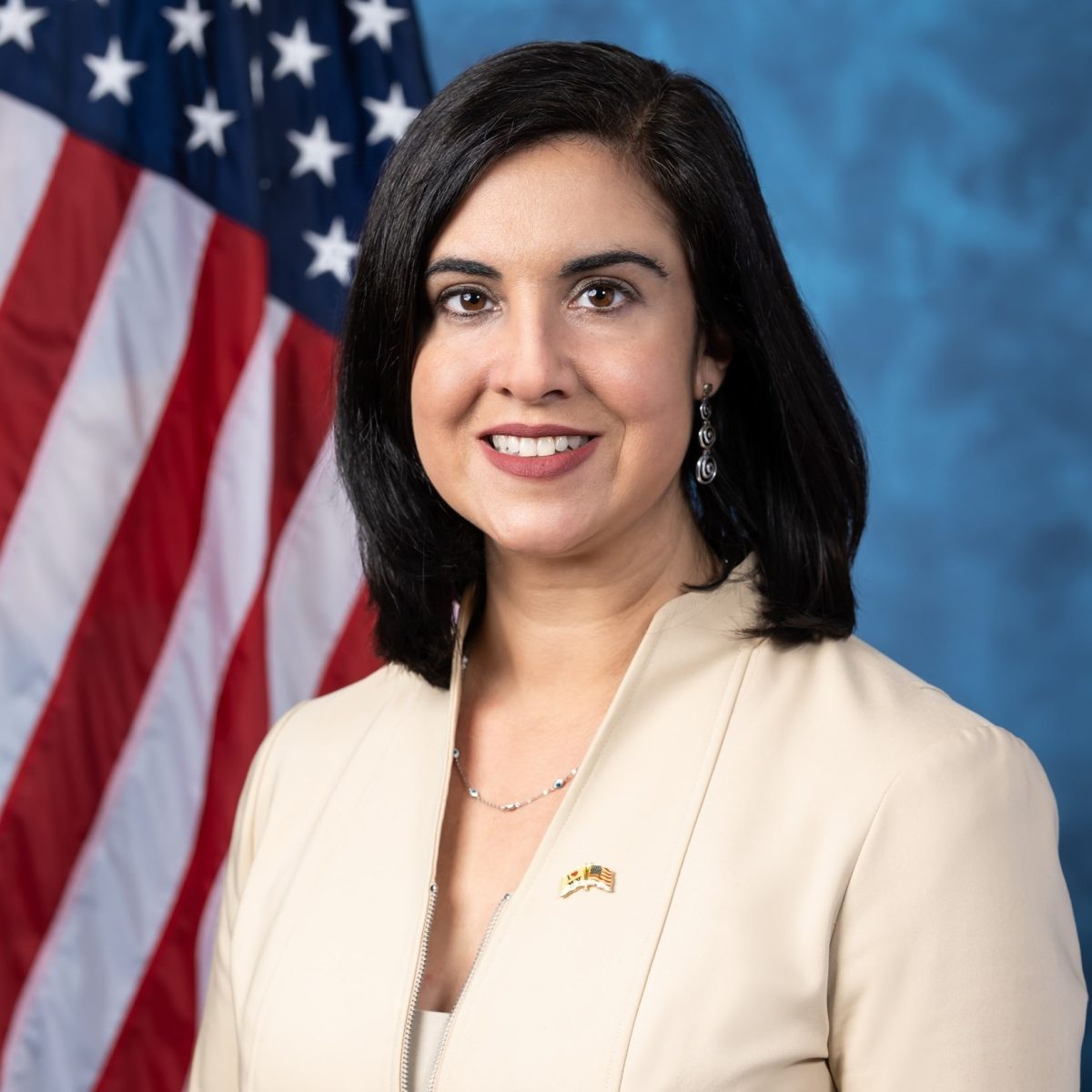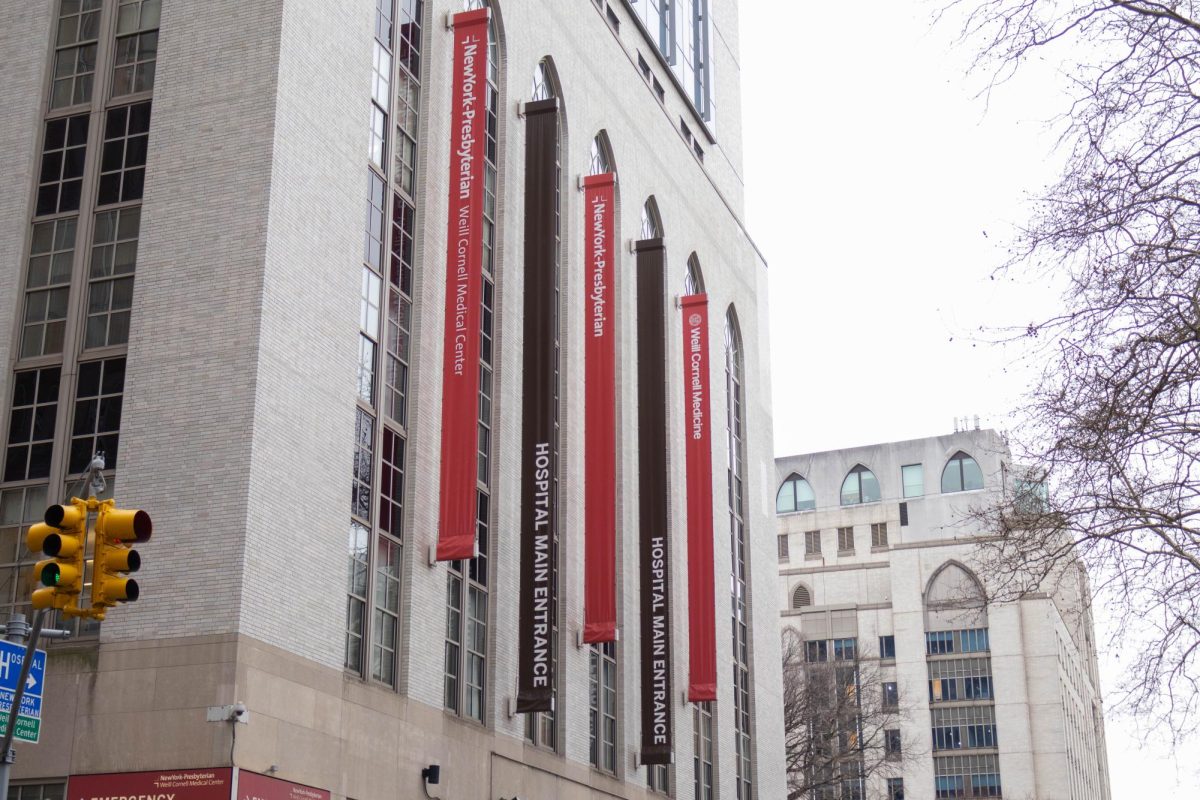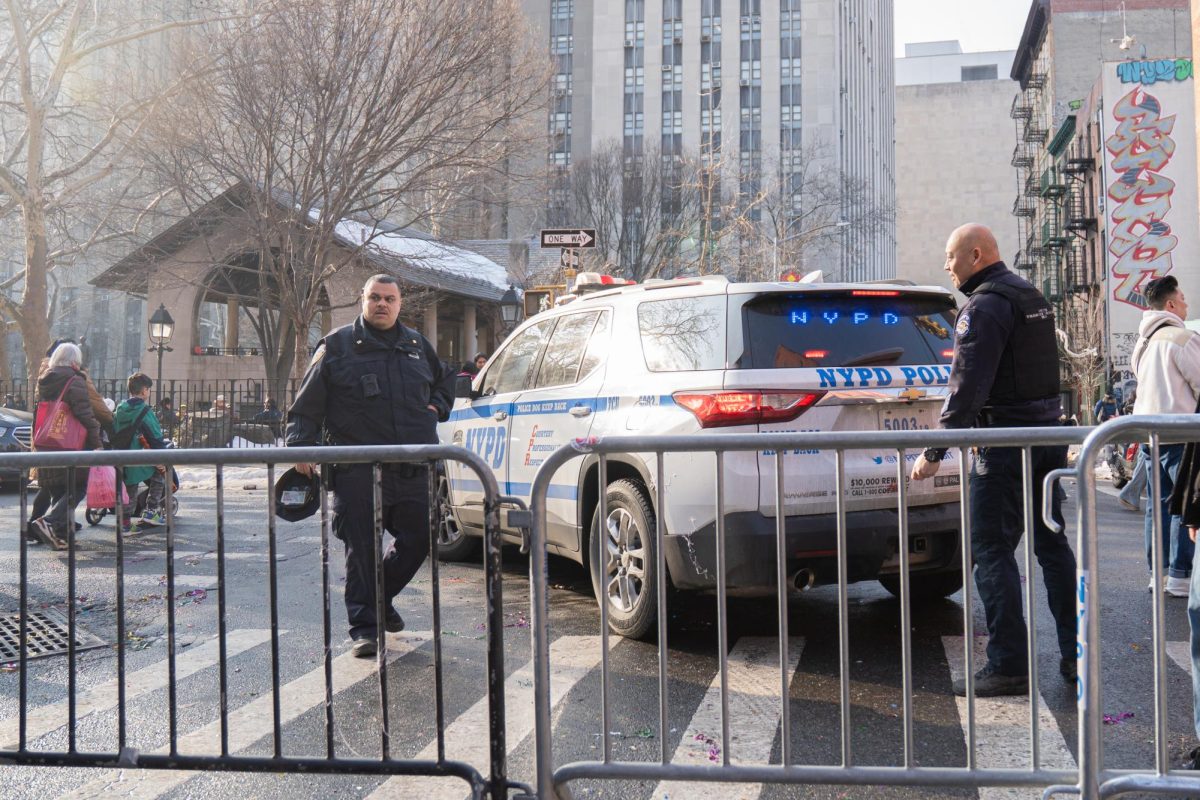This November, New Yorkers will head to the polls to vote on several important ballot proposals that could shape the future of the city and state.
Among these are measures aimed at enhancing protections against discrimination, expanding the authority of city departments, and reforming fiscal and planning processes.
Voters will have the chance to decide on six ballot measures: one proposal to amend the New York State Constitution and five others that would alter the New York City Charter.
Understanding these measures is crucial, as ballot initiatives allow voters to directly influence laws and policies, rather than relying solely on elected representatives to make those decisions for them.
The first proposal seeks to add protections to the New York State Constitution’s Bill of Rights to prohibit discrimination based on ethnicity, origin, age, disability, and sex including sexual orientation, gender identity and pregnancy.
It also protects New Yorkers who seek access to reproductive healthcare.
A “YES” vote would place these protections in the Constitution.
This bill is particularly relevant considering ongoing debates about reproductive rights, with supporters arguing that constitutional protection would offer stronger safeguards than any preexisting laws.
The second proposal aims to expand the authority of the Department of Sanitation, allowing it to keep a broader range of city-owned properties clean and enforce regulations on how New Yorkers put out their garbage for collection throughout the five boroughs.
This proposal also includes the ability to ticket street vendors, which could lead to increased enforcement and potential penalties for those operating illegally in public spaces.
The third proposal introduces additional estimates of the cost of proposed laws, as well as updates to budget deadlines.
This change would mean that before the City Council votes on new laws, they would need to publish their cost estimates before public hearings on said laws.
The proposal would also allow the Mayor’s Office of Management and Budget to provide its cost estimates and extend the deadline for certain budget reports.
The deadline for the mayor’s annual city budget would be permanently extended.
While the goal is to improve fiscal responsibility, some argue it could slow down the legislative process by adding more layers of bureaucracy.
The fourth proposal focuses on public safety legislation, requiring more notice and enforcing a 30-day waiting period before the City Council votes on laws affecting agencies like the NYPD, the Department of Corrections and the FDNY.
Advocates argue that this extra time will allow for more public input and transparency, especially on issues crucial to community safety.
The fifth proposal aims to improve capital planning by requiring detailed assessments of the cost of maintaining city facilities, infrastructure and investments and would ensure that these needs are published in budget reports.
The aim is to enhance the effectiveness and transparency of how city infrastructure is managed for the public.
Lastly, the sixth proposal is multifaceted and introduces a new chief business diversity officer role that will be responsible for overseeing initiatives supporting minority and women-owned businesses.
It would shift the authority to issue film permits to the mayor’s office and merge two boards that manage city records.
As New Yorkers prepare to vote this election day, their engagement in the electoral process will determine the direction of policies that affect their lives and communities.
Each ballot proposal offers residents a chance to influence critical issues, from civil rights to public safety and economic equity.
These measures also reflect ongoing discussions in society regarding justice, responsibility and the role of government.
Voters will be making decisions that could have lasting effects on legislative processes and community standards.


